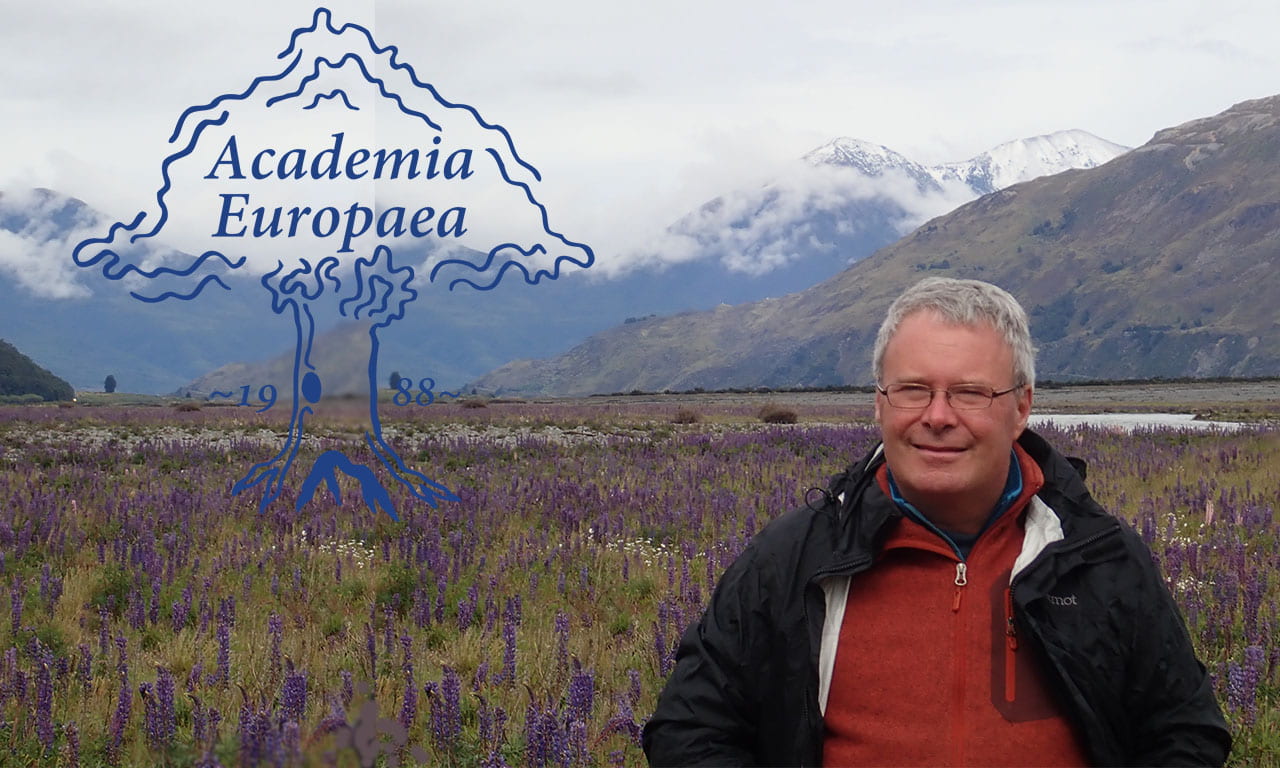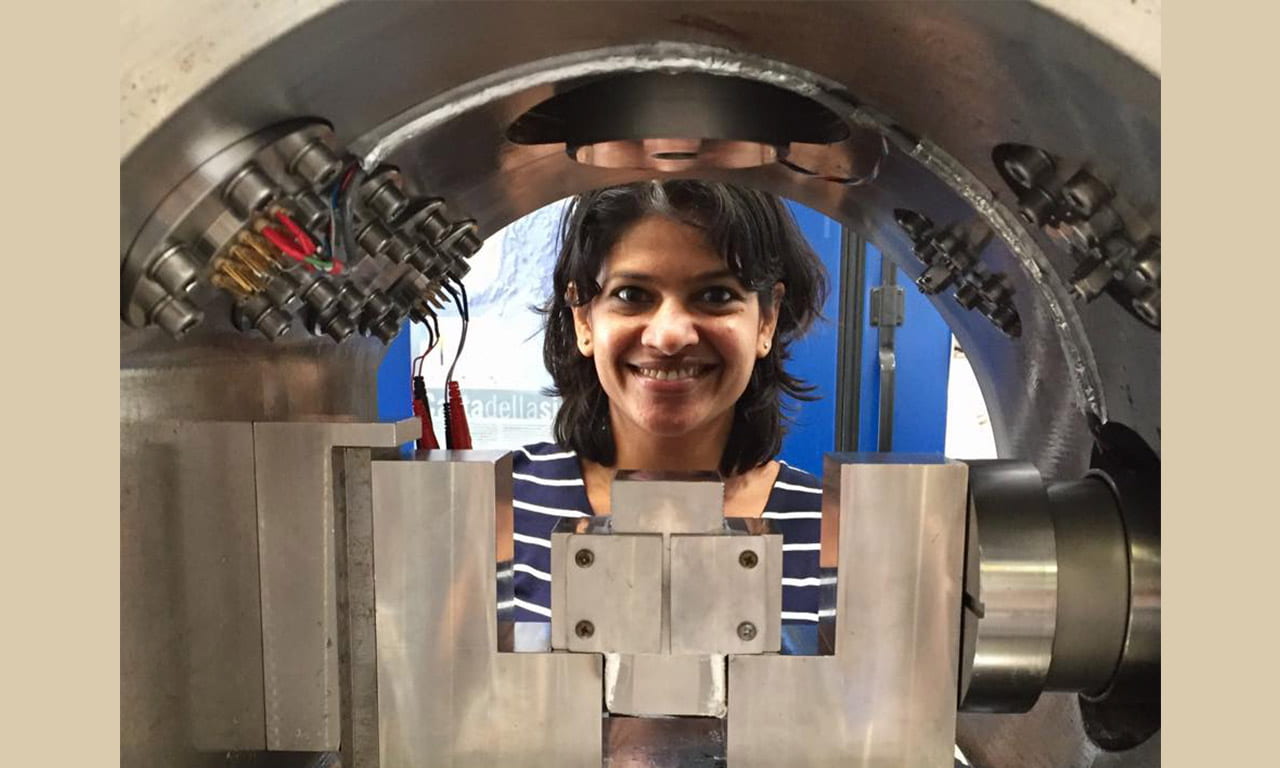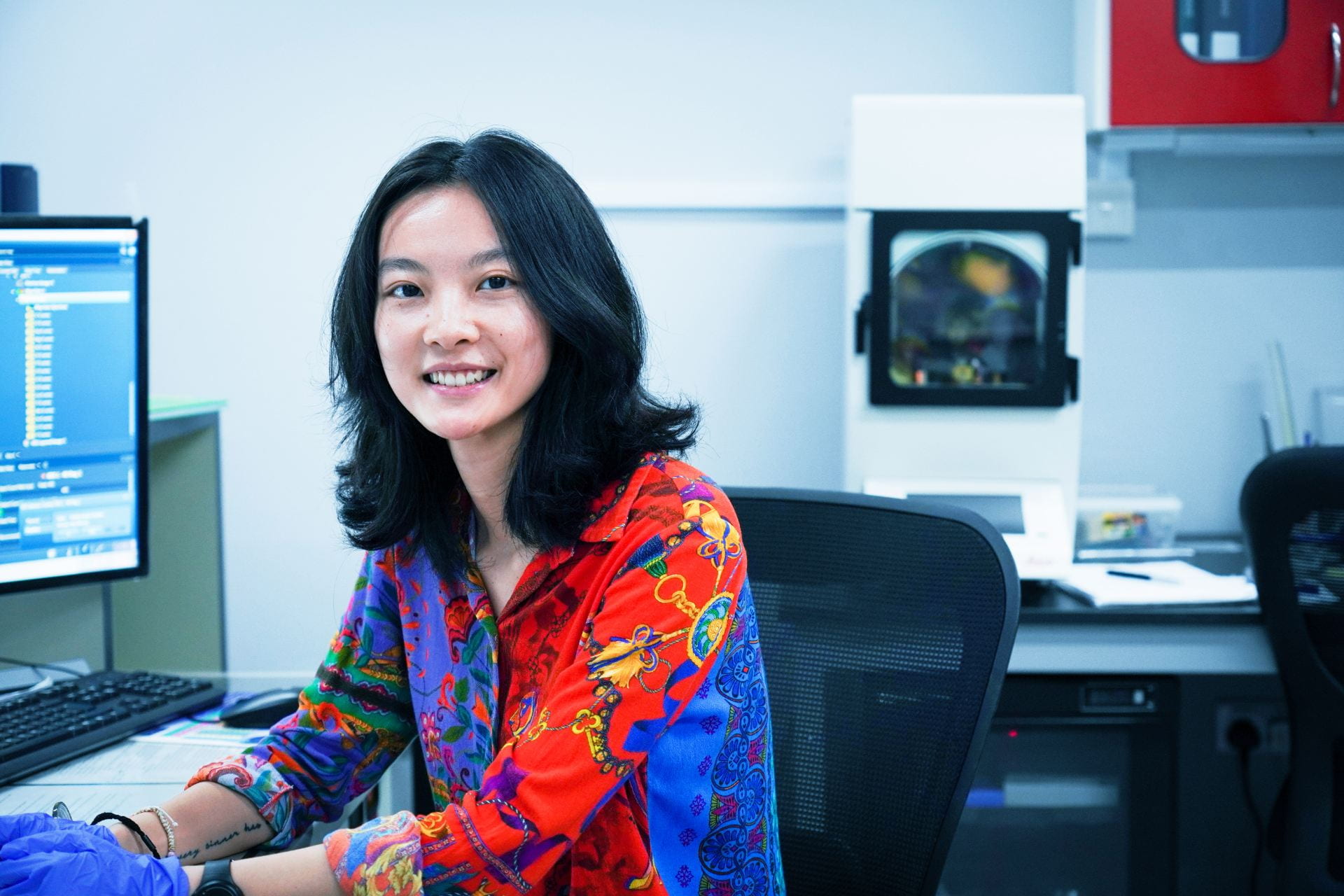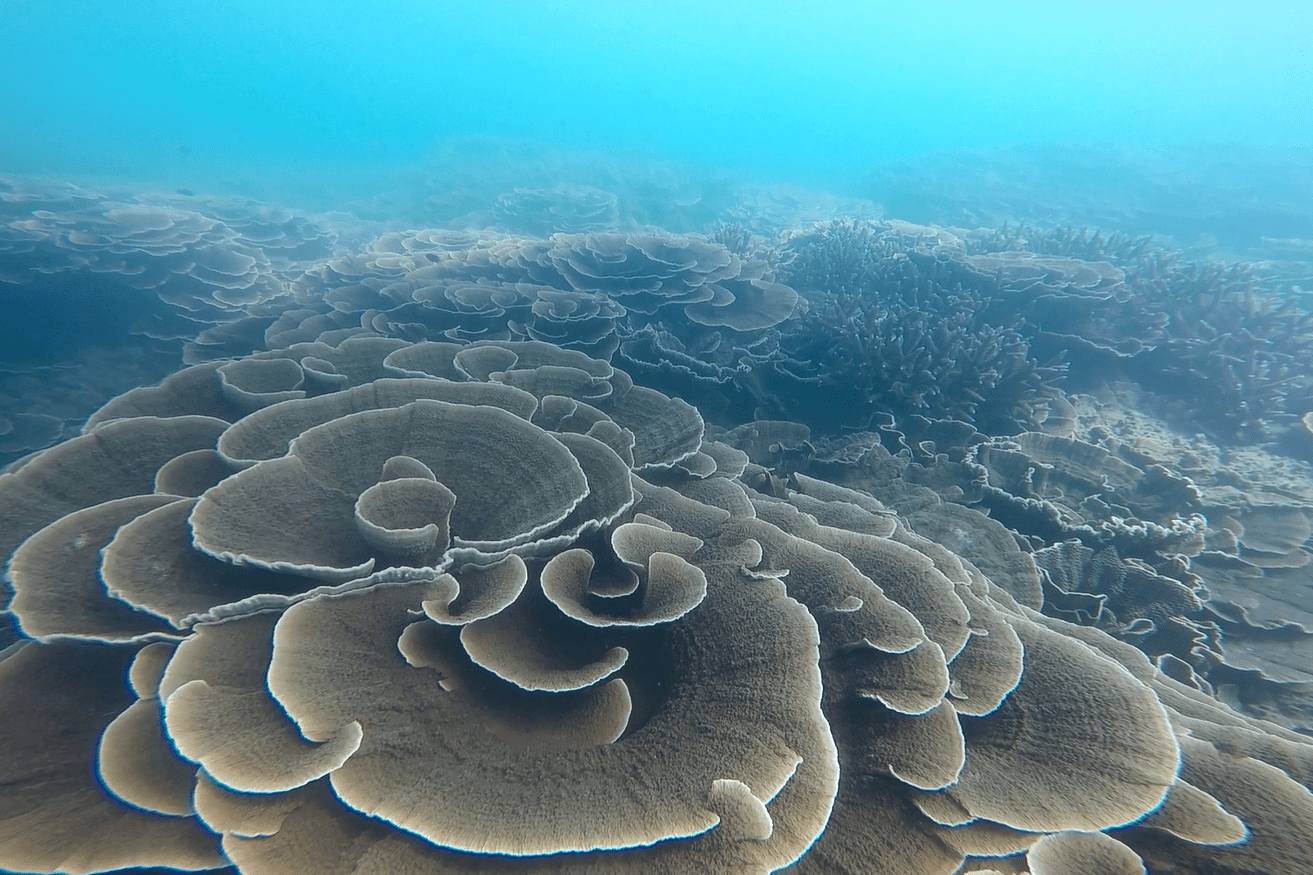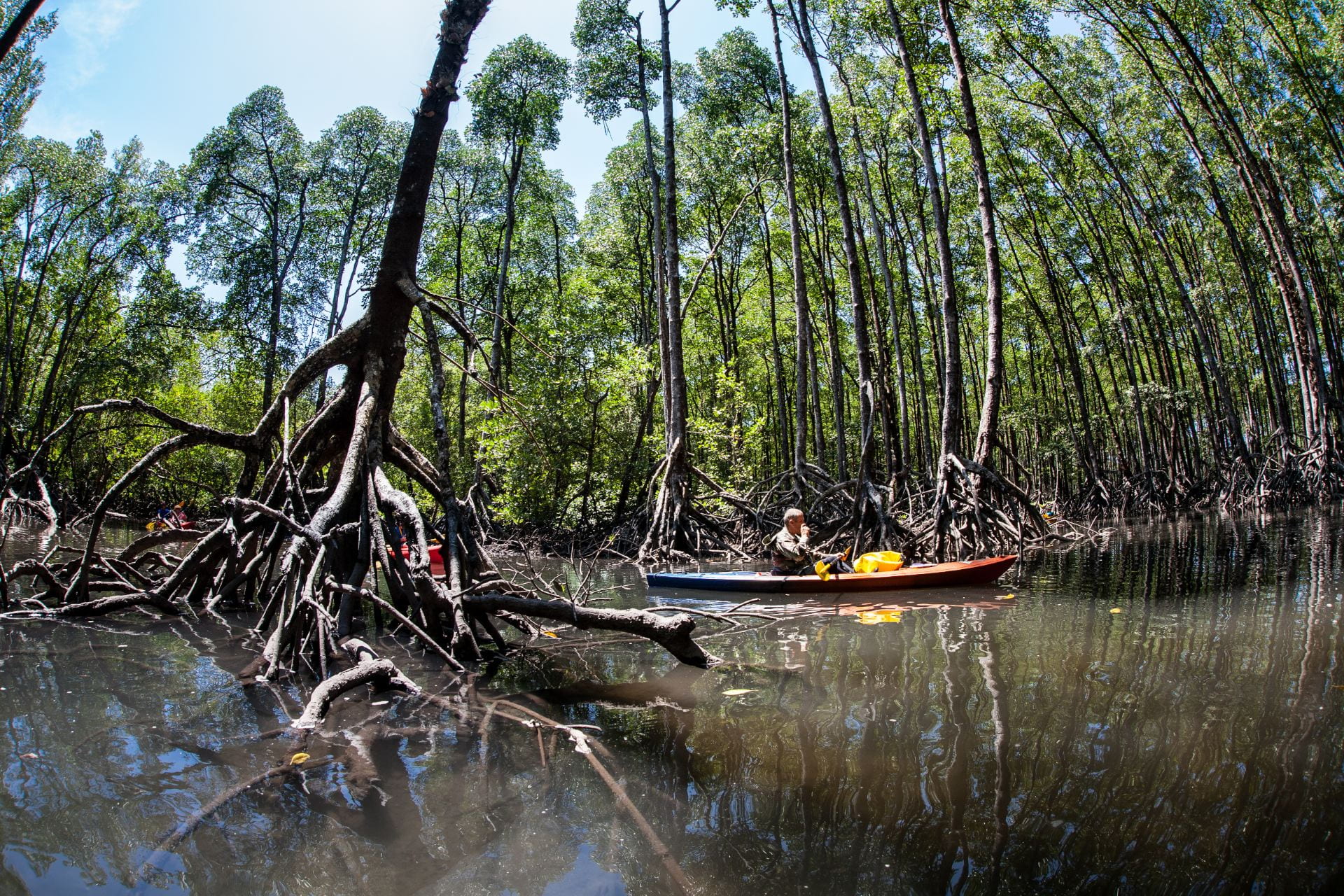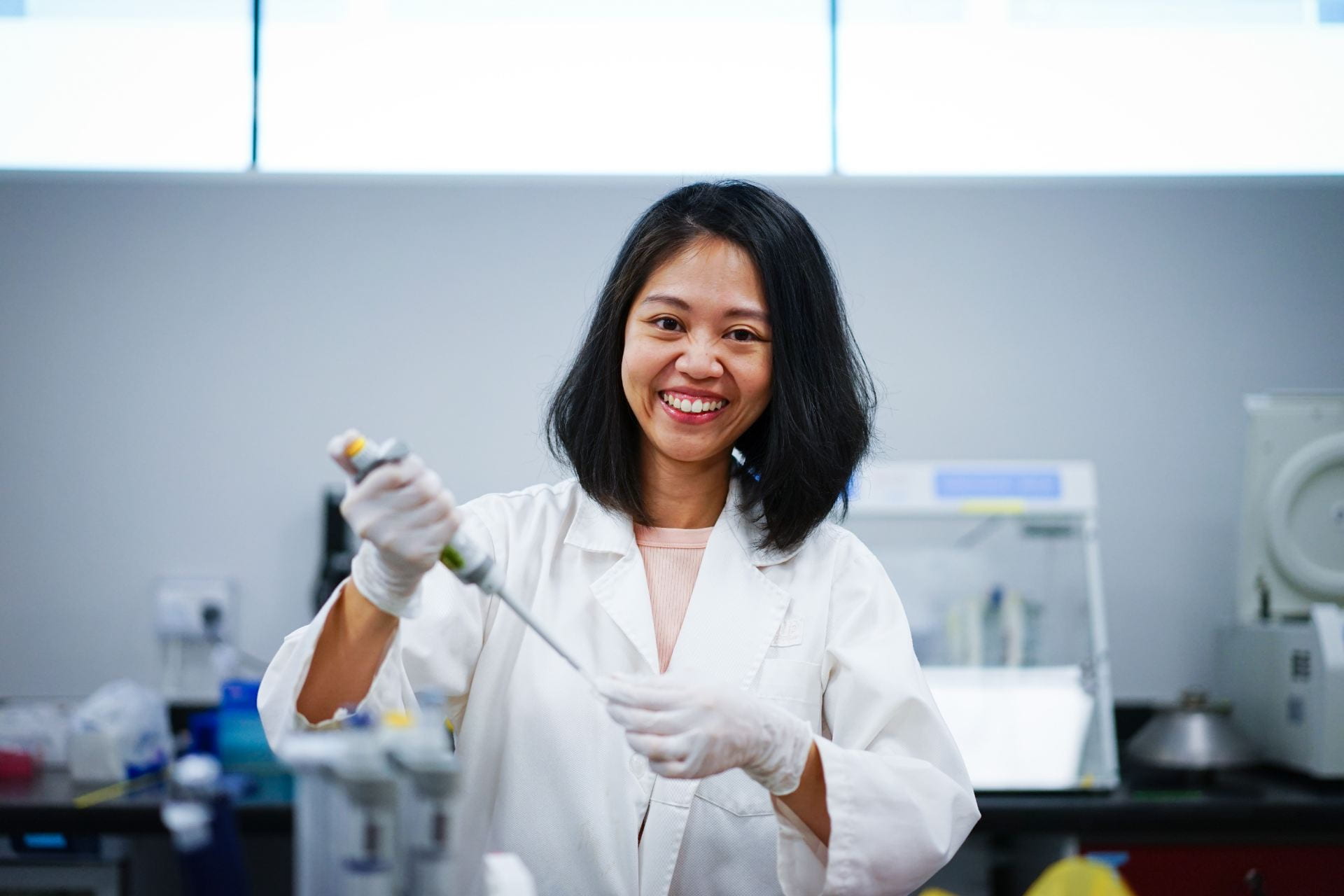ASE Professor David Wardle has been elected as a Foreign Member to the Academia Europaea in their 2020 round. Academia Europaea is a prestigious pan-European Academy with the purpose of “…advancement and propagation of excellence in scholarship in the humanities, law, the economic, social, and political sciences, mathematics, medicine, and all branches of natural and technological sciences anywhere in the world for the public benefit and for the advancement of the education of the public of all ages.”
Graduate College Research Excellence Award to Dr Deepa Mele Veedu
Our warmest congratulations to Dr. Deepa Mele Veedu, recipient of the Graduate College Research Excellence Award (AY 2019-2020). Dr. Veedu received the award in recognition of outstanding research achievements during her Ph. D. candidature with ASE/EOS.
They PhDid It! (Part 1): Dr Weiran Li is turning her interest in volcanoes into a career
They PhDid it: Every year in CoS, dozens of PhD students defend their thesis and earn their doctorate, the highest university degree. In this series, we catch up with some new doctors to find out about their experience of doing a PhD in CoS, what made them embark on the intense four year journey and what plans they have for the future. First up is volcano researcher Dr Weiran (Alex) Li from the Earth Observatory of Singapore (EOS).
Lights Out for Muddy Water Coral Reefs as Global Sea Level Rises?
Although the impacts of climate-related coral bleaching are well documented, knowledge of how sea level rise will influence reefs is limited. Global sea level rise (SLR) will present a major threat to turbid coral reefs, located in shallow coastal waters, by increasing the depth of water covering them, and reducing the amount of sunlight available on the seafloor. This will change the amount of habitat available for certain corals to grow, shows a new study led by ASE Presidential Postdoctoral Fellow and AXA Research Fellow Dr Kyle Morgan published last week in Proceedings of the Royal Society B.
Accelerating Sea Level Rise Could Drown Mangroves 30 years From Now Unless Carbon Emissions are Cut
A recent publication in Science, co-authored by ASE chair/EOS PI Prof Benjamin Horton, shows that vast areas of mangroves are under threat from sea level rise, which may cause the mangroves to drown by 2050 unless we curb climate change by cutting carbon emissions. The study surveyed 78 sites in the tropics and subtropics around the globe, using paleorecords of mangrove growth and sea level rise to predict the future of these ecologically and economically important ecosystems.
Expanding Horizons Beyond the Red Dot (Part 6): Joanne at the Peace Summit
Yeo Kai Qing Joanne from NTU Asian School of the Environment represented Singapore at the 2nd Peace Summit of Emerging Leaders. Held at the United Nations Conference Centre Bangkok, Thailand, the conference gathered 500 young leaders from different parts of the world and gave them an understanding and broader perspective of peace. Joanne generously shares with us her takeaways from the summit.
Tier 3 to ASE/EOS Prof Horton and Collaborators: Southeast Asia SEA-level Program – towards home-grown expertise on sea level science and policy
The SouthEast Asia SEA-level program, led by Prof Benjamin Horton, sets out to produce world class interdisciplinary sea-level science focused on Southeast Asia and framed to promote resilient coastal cities and communities in Singapore and the surrounding region. An important goal of the program is to train a home-grown scientific community that can respond to Singapore and Southeast Asia’s need for future sea-level projections and their interpretation, that is both the scientific basis and its translation into policy.
Volcanic Crystals Reveal Time Scale of Volcanic Plumbing System Processes
Time scales of volcanic processes leading up to a volcanic eruption is a key part of the puzzle to predict volcanic eruptions, and this is the special interest of ASE Assoc Prof and EOS Interim Director Fidel Costa. In a recent article in Nature Reviews Earth and Environment, he outlines the technique of diffusion chronometry, where volcanic crystals are used as time capsules that, for those who know how to read them, can reveal the time scale of underground magmatic processes of a volcano.
New NRF Fellow Asst Prof Perrine Hamel uses nature to design sustainable cities
As a densely populated city on a small island, Singapore is no stranger to urban planning; on the contrary, it has been a key part of the growth of Singapore, enabling housing of an increasing population and growing industry while still preserving sizeable green areas.
Making a Mark for Women in Science (Part 3): Paleotempestologist Yap Wenshu
Making a mark for women in science – Meet NTU Asian School of the Environment PhD student Yap Wenshu, who is a recipient of the 2020 Women in Engineering, Science, and Technology (WiEST) Conference Grant. The paleotempestologist shares with us about how she found herself in earth sciences, and her research. What does a paleotempestologist study, you might ask? Read on to find out!

